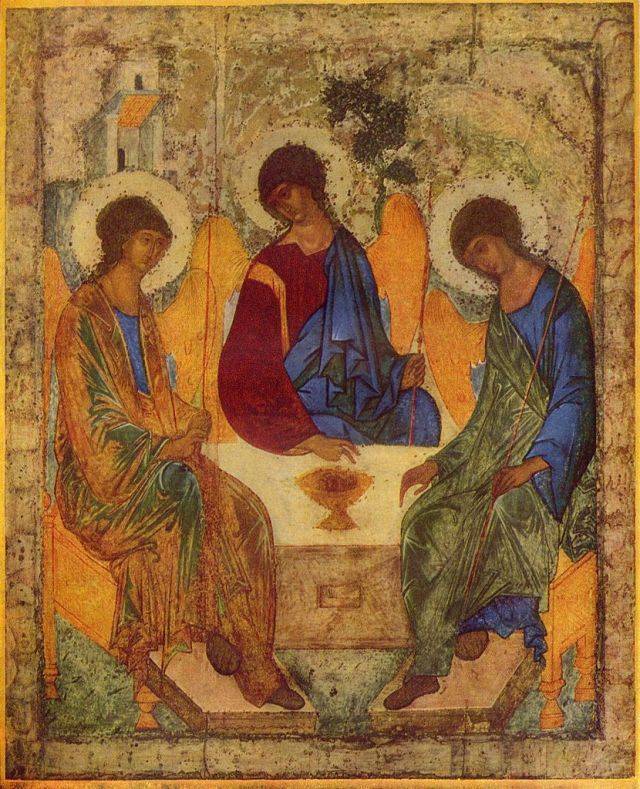The following is part of something I wrote back in 2008 on a doctrine of the Trinity. It requires greater context, particularly as these things relate to God’s freedom in election. But I’m simply going to parachute this in without its further context, to be provocative.
With the above in mind, apply this being/becoming in the life of God to the incarnation of Christ; what does this imply? It implies that in the very ousia or being of God, the Son is always and already becoming deus incarnandus (God in the flesh Jn 1:14). In other words, what Jesus becomes in ‘historic time’, in the man from Nazareth, His “being” has always been in supra-time. Does this then necessarily mean that Jesus has always had hair, bones, and skin? No! It only means that Who Jesus is, has always been oriented toward assuming hair, bones, and skin. Maybe an analogy would be helpful, John 1:18 says: No man hath seen God at any time; the only begotten Son, which is in the bosom of the Father, he hath declared him. . . . , to use the language of ‘bosom’ and take it to its breaking point: Jesus, just like a fetus in its mother’s womb, is truly and completely all that He will be, constituently, in His “being”, what He “becomes” in the man from Nazareth. Sorry, that was crude.
In this sense, then, as with the very trinitarian life of God, historic time remains distinct from “super-time” (eternity) insofar as “being” is distinct from “becoming.” In other words, the who (ousia) determines the what (hypostases), while at the same time the who and the what are held together in an inseparable informing tension of perichoresis. I think this helps us avoid, when thinking about the inter-relationship between super-time and historic-time, falling into a process notion of God’s being; which does not have a doctrine of perichoresis holding these two concepts of time in tension. Which results in the inversion of what Hunsinger describes above, i.e. that historic-time and super-time become indistinguishable, in essence allowing historic time to be determinative of super-time.
